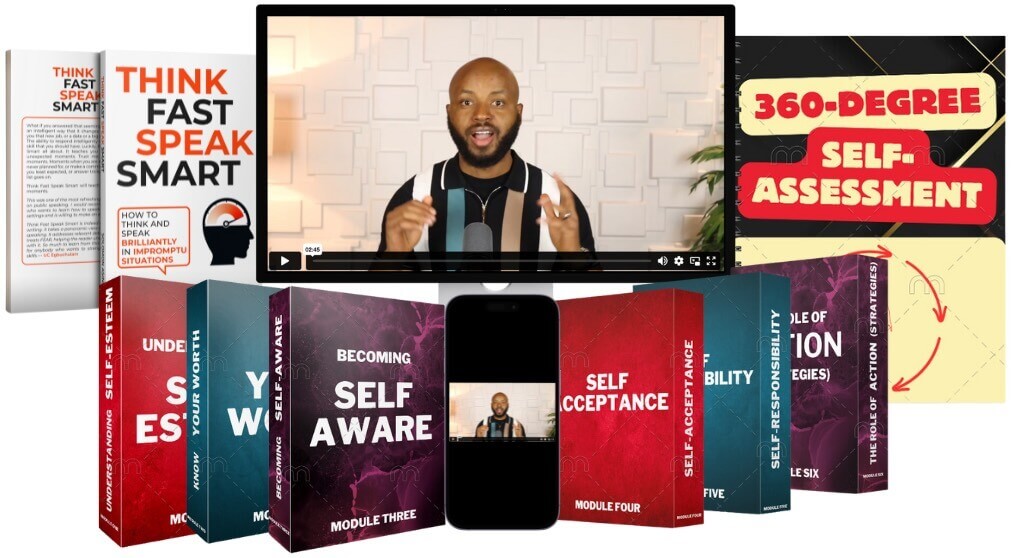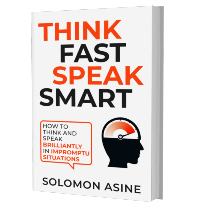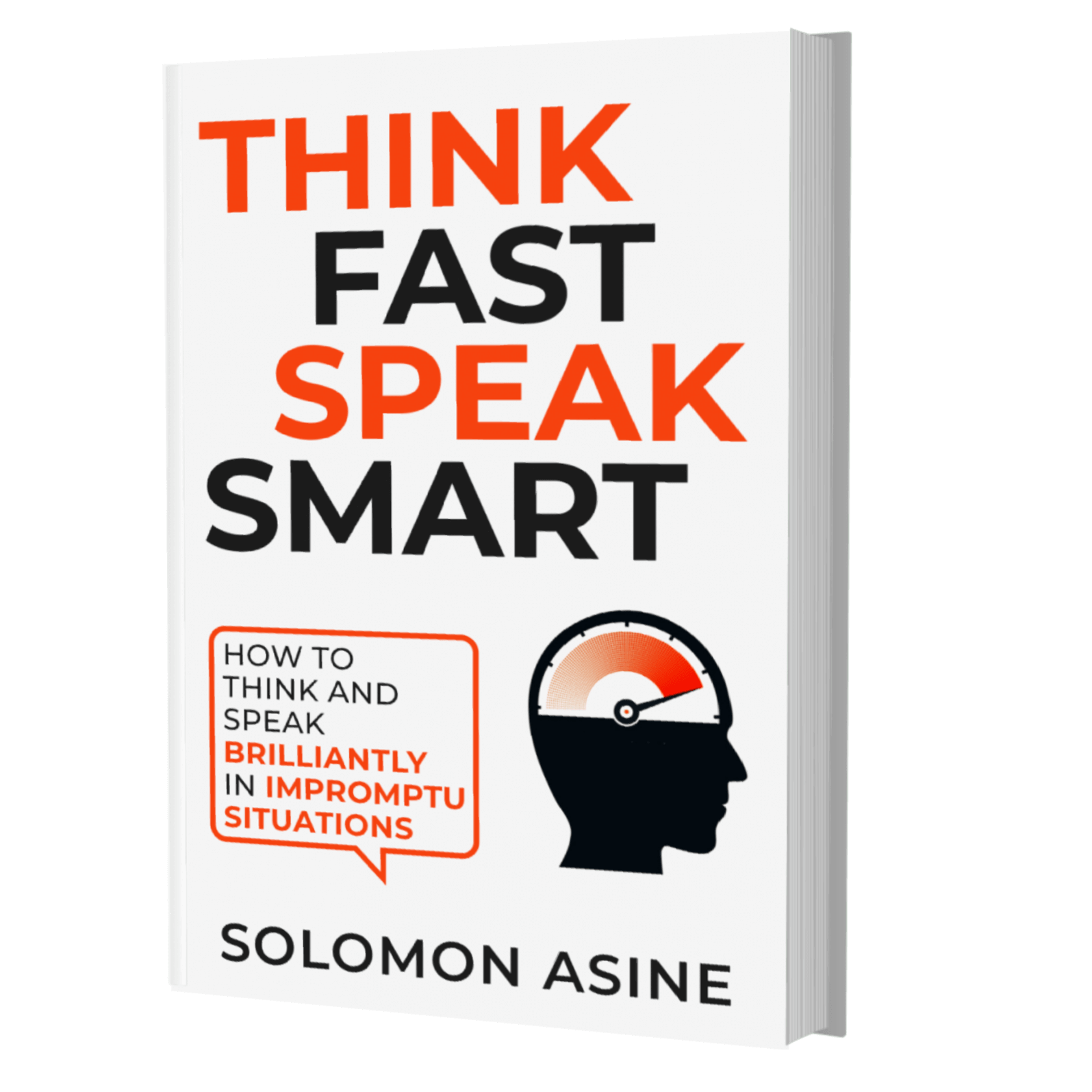
Leaving a Toxic Job: 10 Steps to Get Out
Have you ever found yourself stuck in a job that drains the life out of you? A challenging 9 to 5 job can be difficult
You don’t need to be a psychologist to know that something strange and mind-boggling took place in America between 2016 and 2020. Americans voted into office, a president that is widely known to be disrespectful to women, erratic in behavior, rambles, a bully, among other negative attributes. Americans voted Donald J. Trump as the 45th president of the United States of America.
Millions of Americans trusted him enough to grant him access to the nation’s nuclear codes, despite his destructive behavior; not only in 2016 when he was elected but also in 2019 when he attempted reelection. The question is, what exactly did he say or do that won the confidence of the public? Mind you, Donald Trump was a leader in business before he became a leader in politics, so there must be something he is doing right, whether you like him or not.
Science has a lot to tell us about his style and strategy during his first presidential campaign and his time as the president of the United States of America.
Trump’s election not only distorted conventional political wisdom, it was intensely confrontational and divisive, but was also appealing to many people. It was clear that he understood the desires and feelings of a large portion of Americans. A feeling of discontent with the government. A feeling that America is been overran by other nations, a feeling of neglect, and a desire to be heard.
He crafted a brand that captured those feelings and desires; “Make America Great Again (MAGA)”. The subsequent rhetoric that followed during his campaign and his time as president, like building a wall to shut illegal immigrants out, and putting America first, reinforced the MAGA slogan.
Three professors (Bas Andeweg, Jaap de Jong & Hans Hoeken) from a University of Technology in the Netherlands conducted research, evaluating the impact of a message based on three criteria.
First was a message based on an anecdote. This is when the message is tied around a story, one that is imaginative.
Second was the ethical appeal of the presenter and the message. This consists of a description of the speaker’s expertise and experience and consequently the integrity of the message.
Thirdly was “your problem” approach. This approach addresses the problems that listeners are facing and their innermost concerns and desires.
The researchers found out that “your problem” approach was more effective and had a greater tendency to hold the audience attention and win their loyalty.
This revelation is akin to the impact that the “Make America Great Again (MAGA)” brand and subsequent or adjoining rhetoric had on a large population of Americans.
From the onset, Trump had a very divisive rhetoric. It was a rhetoric of we against them. It was America against China, America against the rest of the world, republicans against democrats, Trump against American institutions, among others. His comments not only resonated in America but throughout the entire globe, polarizing the world along the lines of those who are for Trump and those against him.
The evolution of this sharp division follows the same principles that makes sport fans associate themselves with a team, and rival the fans of other teams, sometimes to the point of physical confrontations.
It all starts with social identity. This is an individual’s self-concept that comes from perceived membership in a social group. Social identity theory was proposed by Henri Tajfel and John Turner in the 1970s to explain intergroup behavior.
Social identity often results in team identity formation (TIF). TIF is a process where individuals select characteristics of a team to define themselves personally and socially. The extent to which an individual connects to the team determines how far they are willing to go to support that team.
These theories explain the tension between both sides of the divide that Trump created. There were individuals who were ready to give their lives fighting for Trump. There were others who assaulted people who they perceive to be Trump supporters (especially those wearing the MAGA hat).
When a lie is repeated often enough, people tend to believe it. This is called “illusory truth effect”.
According to Lisa Fazio “Research studies have found illusory truth effects for trivia statements, political opinions, product information, even false news headlines. It occurs when the statements are repeated immediately or across multiple weeks”.
Even though several news media and organizations clearly showed, through fact-checking, that Trump lied much more than Clinton, pre-election polls showed that most voters perceived Clinton to be less honest than Trump.
For example, the Washington Post reported that “CBS News poll revealed that, 67 percent of respondents found Hillary Clinton to be dishonest, and 56 percent thought the same of Donald Trump”.
The question is why? Why did voters believe Trump was more honest? It simple. When Trump wants to make a point, he says it over and over again. He repeats what repeats what seems to be a verifiable lie until it begins to sound like the truth. This strategy also helps him to shape and re-shape the narrative toward his own agenda.
Although Trump rambles when delivering his speeches, research shows that the simplicity of his speech makes it easy for even for a nine-year-old to understand. In the research, a total of 10 interviews and debates were analyzed, and the result revealed that a fourth- to a fifth-grade level of education (9- to 11-year-olds) is required to understand Trump’s language. For other candidates, the analysis showed that the average score was at a ninth-grade level (14- to 15-year-olds).
The study also showed that Trump’s sentences and words were shorter and less complex than those of any other candidate. The study suggests that Trump uses simple language as a rhetorical strategy to gain popularity.
This also explains why a lot of people were drawn to his message, not necessarily because of what he is saying, but how he is saying it. A style that is in sharp contrast with those of past presidents and other political leaders. That difference created a sense of uniqueness.
Lastly, anybody who listens to Trump knows that he loves exaggeration. He uses words like, extremely, enormously, tremendous, millions, terrible, incredible, massively, etc. He uses phrases like “very very”, and “many many”, “a lot”. These words and phrases give force and emphasis to whatever he is saying, making a situation better or worse than it really is.
For example, below is an excerpt from his State of the Union speech where he exaggerated how bad the tax burden was during Obama’s administration:
“We eliminated an especially cruel tax that fell mostly on Americans making less than $50,000 a year — forcing them to pay tremendous penalties simply because they could not afford government-ordered health plans. We repealed the core of disastrous Obamacare — the individual mandate is now gone.”
His insertion of hyperbole intensifies the message.
According to the result of the research on how Trump’s exaggerations affected the 2016 election,
“Trump uses different types of hyperbolic expressions such as number, amount and quantity, time, adjectives and adverbs of size, degree, and intensity, metaphor, repetition, polysyndeton, and complex modifications to persuade people, influence their minds, distract them away from Clinton, win the presidency, and become the 45th president of the United States of America.”
No matter what your perception of Trump is, he has made an indelible mark in the pages of American history. His unconventional style to leadership placed him in the most powerful seat of authority in the world. So, as you look in the rear-view mirror at his time in the oval office, look not only at what he did wrong, but also review what he did right.

To empower you to cultivate a strong self-esteem that transforms your relationships and equips you to overcome life’s obstacles with resilience
New!!! Free Training Replay in...
Check out our latest articles. Boost your social intelligence

Have you ever found yourself stuck in a job that drains the life out of you? A challenging 9 to 5 job can be difficult

You can express yourself confidently without feeling shy or experiencing burnout. Here is how to exude confidence as an introvert. As an introvert, maintaining your

Anyone, including introverts, can live an interesting and fun-filled life. Here is how to be interesting as an introvert. Generally, many people believe that introverts

We sometimes wonder if going into a relationship with a fellow introvert is a good idea. I mean, won’t the relationship be as boring as hell? Maybe not really!

Are you ready to get out of your shell to start your dream business? Here is how to be an entrepreneur as an introvert and become successful!

As an introvert, you might be wondering if you really can become successful as a business owner. Read on to know how business success works for introverts.

Sign up for our mailing list and you will receive the first chapter free!
By signing up, you agree to our terms and privacy policy.
Warning: Apply The Methods in This Training Responsibly

Sign up for our mailing list and get the first chapter for free!
By signing up, you agree to our terms and privacy policy